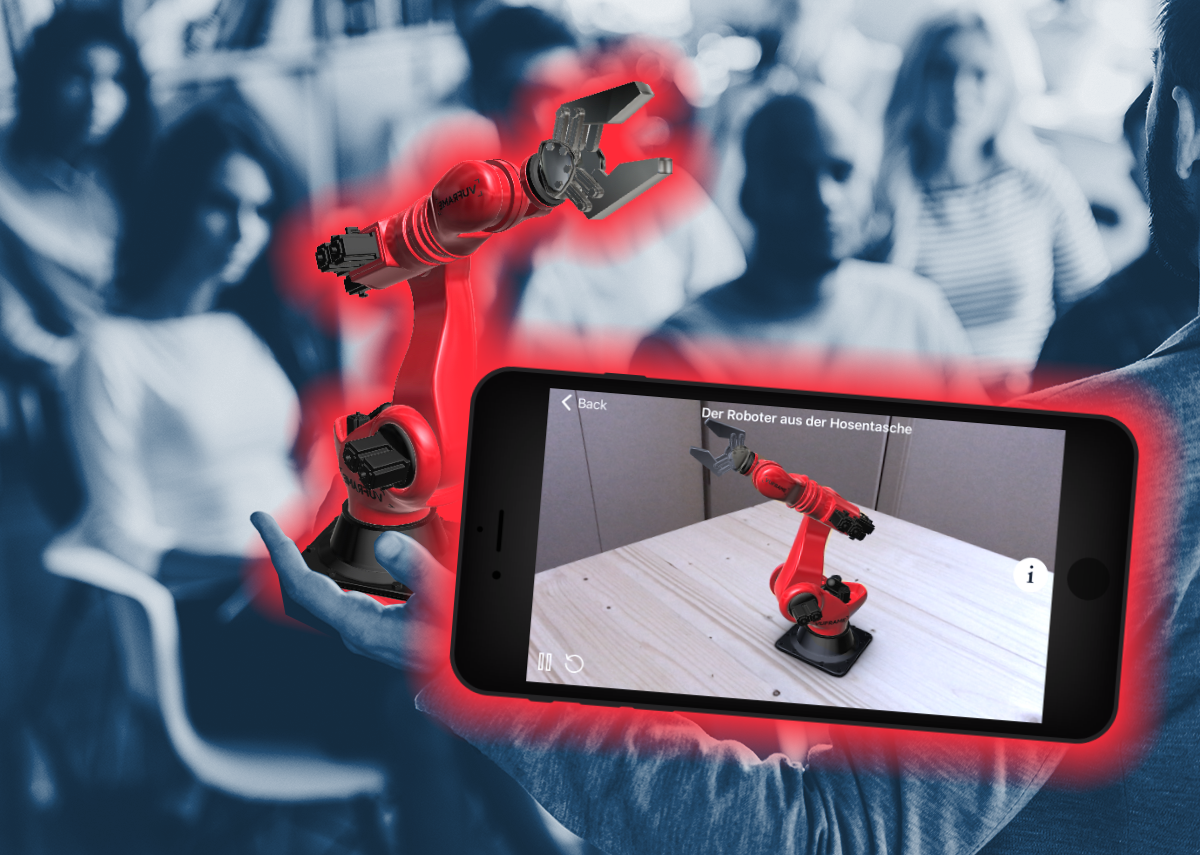Digitalization and the digital transformation that comes with it have already affected many areas of our lives. The trigger was the digital revolution at the end of the 20th century. The rapid development in the performance of computer chips and storage media has completely changed our world of information and communication over the last few decades. Even the industrial revolution, with its profound and lasting changes in the economy and society, required a longer period of time.
While the industry is already dealing with topics such as Industry 4.0, the next digital revolution is gaining momentum: the 5G mobile communications standard enables the final implementation of the IoT, the Internet of Things, for the first time. The intelligent, barrier-free and interactive networking of all things and systems. The first approaches to smart home, smart city, smart factory and much more already exist. With Plug & Play (start the device or service without installing it, done), all devices should be usable, combinable and usable without much prior knowledge.
Suitable for:
If we look at the current product images, who doesn't think of them as a relic from the last century? Like Industry 4.0, the history of the image can also be divided into 4 stages:
- Image 1.0 – Painting
- Image 2.0 – Analogue photography
- Image 3.0 – Digital photography
- Image 4.0 – Smart View
So while everything around us is changing at a rapid pace, the current digital image is generally not smart, not barrier-free and, above all, not suitable for interactive use. Admittedly, in some areas this is not necessary.
But things look significantly different here with product images. Until now, the existing images could only be used in the specified format, image size and for the respective media. With Smartview these barriers are broken. Whether machines the size of houses or small details, in this format they can all be made 1:1 in full size and zoomable. Yes, including operating and adjusting individual details, such as: B. opening the pliers or turning the gripper arm is possible. Adding additional information elements is also possible, as is integrating the Smartview into the real world as a quasi-realistic image element.
What sounds crazy is actually possible. The basic basis for this is the long-known Extended Reality (XR) technology. Also common under the terms virtual, augmented or mixed reality.
Palfinger Smartview example of a product photo 4.0 from Vuframe
But SmartVu® goes one step further! The feasibility of Smartview has all too often failed due to the immense amount of data required for optimal 3D visualization. So far, it has been about smaller objects, but it has mostly failed when it comes to representations ranging from house-high to industrial complexes.
SmartVu® has developed a technology to reduce data by up to 97%, while still guaranteeing a level of detail and environmental reflections. Another unique selling point is the data security of the 3D data; it cannot be copied and misused by third parties.
Another important feature of SmartVu® Product Photos 4.0 is its applicability on all devices. Easy and intuitive to use via a single, central content platform where you can manage, maintain and enrich your Product Image 4.0 portfolio with additional data and information.
Nowadays, 3D data is usually available for almost all products and objects in the form of CAD models or similar. These just need to be uploaded to the Viewframe, the central platform for content management.
Of course, SmartVu® integrates state-of-the-art technologies such as real-time 3-D, augmented reality and virtual reality as standard. It can also be used in WebAR and WebXR.
WebAR and WebXR example with the Vurobot
WebAR currently essentially means the application of XR technology on desktop versions . This refers to personal computers, laptops and, in some cases, tablets. Augmented reality via the desktop version is not possible here because the lack of a camera function prevents the virtual 3D model from being embedded in the real environment.
WebXR is currently mainly associated with head-mounted displays and smartphones because augmented reality and virtual reality can be implemented here.
With WebAR or WebXR, it is possible to make extended reality (XR) visible with a view framework by bypassing the app stores with a link directly in the web browser of the respective device. This means the device owner doesn't have to download a thousand different apps from a thousand different providers in order to view their extended reality. In the future, interactive 3D worlds can also be displayed and used in the web browser in addition to conventional 2D websites.
➔ Integration into shop systems, websites or presentation programs such as Microsoft PowerPoint for interactive demonstrations is almost unlimited.
To try it out yourself: Scan the QR code here with your smartphone or https://xpert.digital/vurobot .
Viewframe derives its name from the company Vuframe, which developed a framework (programming environment) for Product Image 4.0.
More about it here:
- Vuframe: Present your products digitally, interactively and
virtually everywhere - platform for 3D, augmented reality and virtual reality in the company - Pocket Booth™ – your trade fair appearance from your pocket
Matching PDF libraries:
Why Xpert.Digital ?
I would be happy to serve as your personal advisor for Smartview, the product photo 4.0.
You can contact me by filling out the contact form below or simply call me on +49 89 89 674 804 (Munich) .
I'm looking forward to our joint project.
Xpert.Digital – Konrad Wolfenstein
Xpert.Digital is a hub for industry with a focus on digitalization, mechanical engineering, logistics/intralogistics and photovoltaics.
With our 360° business development solution, we support well-known companies from new business to after sales.
Market intelligence, smarketing, marketing automation, content development, PR, mail campaigns, personalized social media and lead nurturing are part of our digital tools.
You can find out more at: www.xpert.digital – www.xpert.solar – www.xpert.plus


